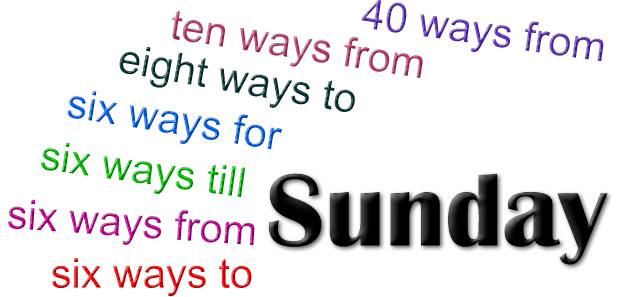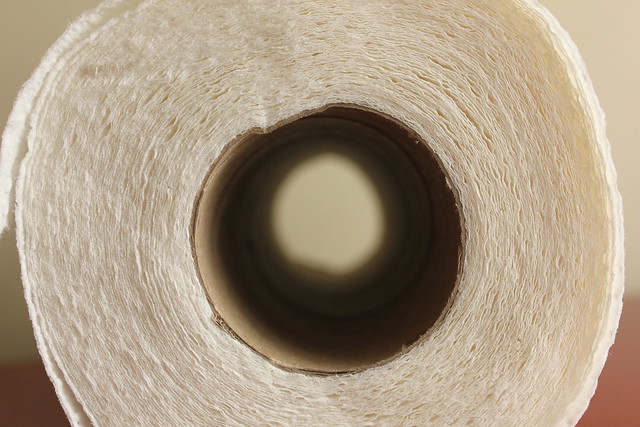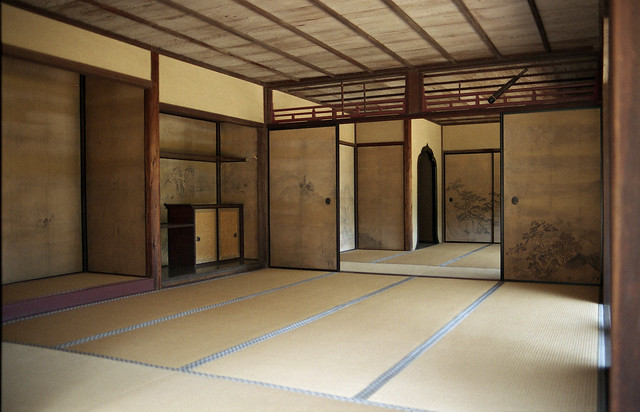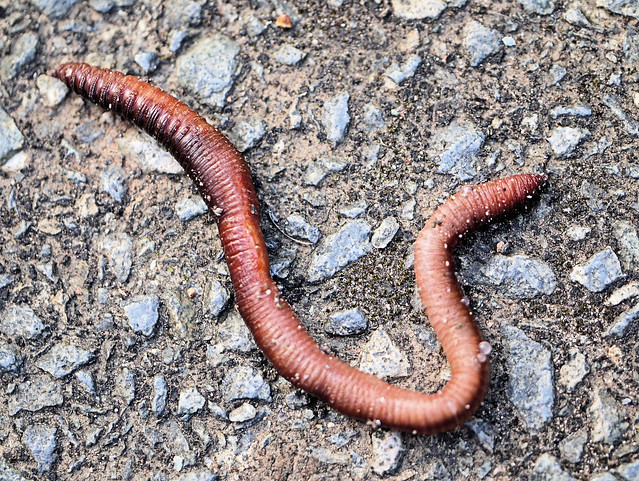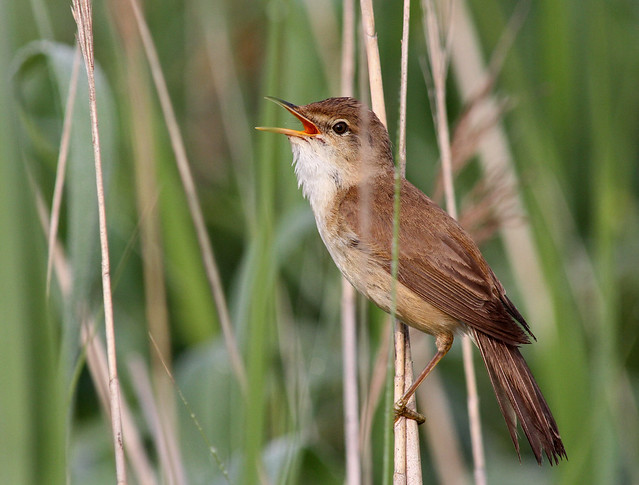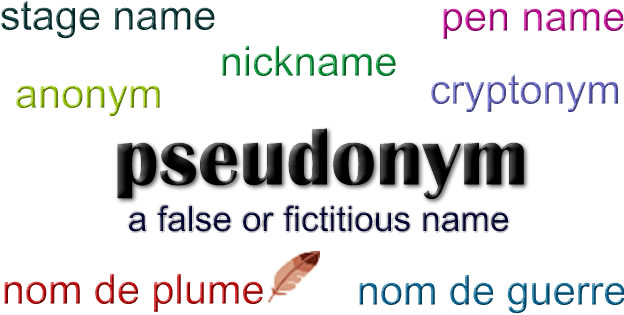The word 謝る (ayamaru – to apologise) has been popping up in my Japanese lessons on Duolingo recently, and I thought it would be interesting to look into the ways the character 謝 is used in Chinese and Japanese.
In Mandarin Chinese the usual way to say thank you is 谢谢 [謝謝] (xièxiè). If you want to say many thanks or thanks a lot you might say 多谢 [多謝] (duōxiè) or 感谢 [感謝] (gănxiè), or even 太感谢了 (tài gănxiè le). Other ways to express your thanks are available.

The character 谢 (xiè), in combination with other characters, can mean various other things:
- 谢绝 (xièjué) = to decline
- 谢客 (xièkè) = to decline to receive visitors
- 谢幕 (xièmù) = to take a curtain call*
- 谢罪 (xièzuì) = to offer an apology
- 谢恩祈祷 (xiè’ēn qídǎo) = to say grace
- 谢世 (xièshì) = to pass away, go to a better world, die
*the appearance of the performers at the conclusion of a theatrical or other performance in response to the applause of the audience [source].
The same character in Japanese means to apologise, and various other things. Here are some examples of how it’s used.
- 謝る (ayamaru) = to apologise
- 謝り (ayamari) = excuse, apology
- 謝す / 謝する (shasu / shasuru) = to thank, apologise, say farewell, retreat, retire, refuse, pay back, settle old scores
- 謝罪 (shazai) = apology
- 謝礼 (sharei) = reward, remuneration
- 謝意 (shai) = gratitude, thanks
- 謝恩 (sha’on) = (expression of) gratitude
- 謝恩会 (sha’onkai) = thank you party
In Cantonese there are several ways to say thank you, including:
- 多謝 (do¹ ze⁶) = many thanks, thanks a lot (for something given)
- 唔該 (m⁴ goi¹) = please, thanks (for services rendered), excuse me
- 謝候 (ze⁶ hau⁶) = to thank sb for a favour or hospitality
Sources; LINE Dict Chinese-English, jisho, CC-Canto
